Solar Electric Fence
seedmama
13 years ago
Related Stories
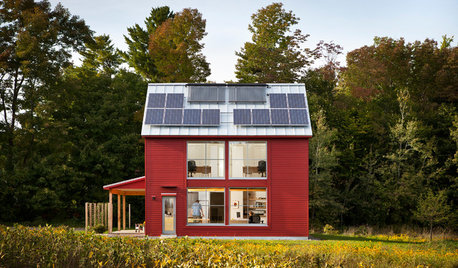
GREEN BUILDINGGoing Solar at Home: Solar Panel Basics
Save money on electricity and reduce your carbon footprint by installing photovoltaic panels. This guide will help you get started
Full Story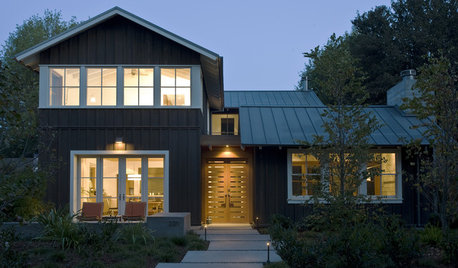
LIGHTINGHow to Choose the Right Solar Lights
Learn about different types of outdoor solar lights, where to use them and why you might want to avoid the bargain bin
Full Story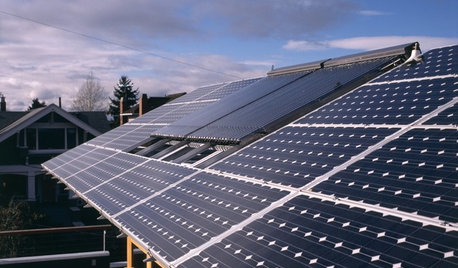
GREEN BUILDINGLet’s Clear Up Some Confusion About Solar Panels
Different panel types do different things. If you want solar energy for your home, get the basics here first
Full Story
REMODELING GUIDESHigh Design With Solar Panels
Solar panels find new function as elements of smart home design
Full Story
SHOP HOUZZShop Houzz: Up to 65% Off Solar Garden Lighting
Bring a glow to your yard or garden with energy-saving solar lights
Full Story0

HOME TECHSmall Solar: Big Home Tech Trend in the Making
New technology enables everyday household objects to power themselves by harnessing natural light
Full Story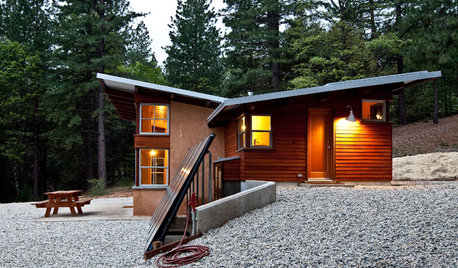
GREAT HOME PROJECTSHow to Add a Solar Water Heater
Lower energy bills without a major renovation by putting the sun to work heating your home’s water
Full Story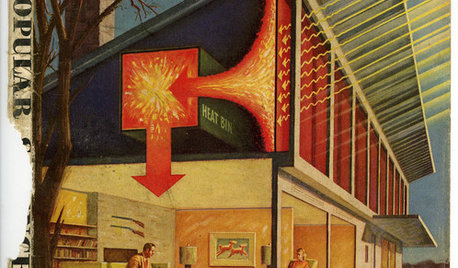
GREEN BUILDINGChampioning the Solar House, From the 1930s to Today
Homes throughout history that have used the sun offer ideas for net-zero and passive homes of the present, in a new book by Anthony Denzer
Full Story
GREEN BUILDINGSunlight Used Right: Modern Home Designs That Harness Solar Power
Embracing passive heating principles through their architecture, siting and more, these homes save energy without skimping on warmth
Full Story
ACCESSORIESEasy Green: Cut Electricity Use With 15 Unplugged Home Devices
Crank up the energy savings, courtesy of household items that come into power the old-fashioned way: manually
Full StoryMore Discussions







jcheckers
owiebrain
Related Professionals
East Patchogue Landscape Architects & Landscape Designers · Deer Park Landscape Contractors · North Plainfield Landscape Contractors · North Potomac Landscape Contractors · Old Saybrook Landscape Contractors · Rockland Landscape Contractors · Tacoma Landscape Contractors · Hueytown Landscape Contractors · Suisun City Landscape Contractors · Bensenville Landscape Contractors · Champaign Decks, Patios & Outdoor Enclosures · Cincinnati Decks, Patios & Outdoor Enclosures · Kearns Decks, Patios & Outdoor Enclosures · Montgomery County Decks, Patios & Outdoor Enclosures · Verona Decks, Patios & Outdoor EnclosuresOkiedawn OK Zone 7
slowpoke_gardener
wd0ejk4_mchsi_com
oldbusy1
Okiedawn OK Zone 7
seedmamaOriginal Author
oldbusy1
slowpoke_gardener
jimmy555
chickencoupe
elkwc
slowpoke_gardener
mulberryknob
elkwc